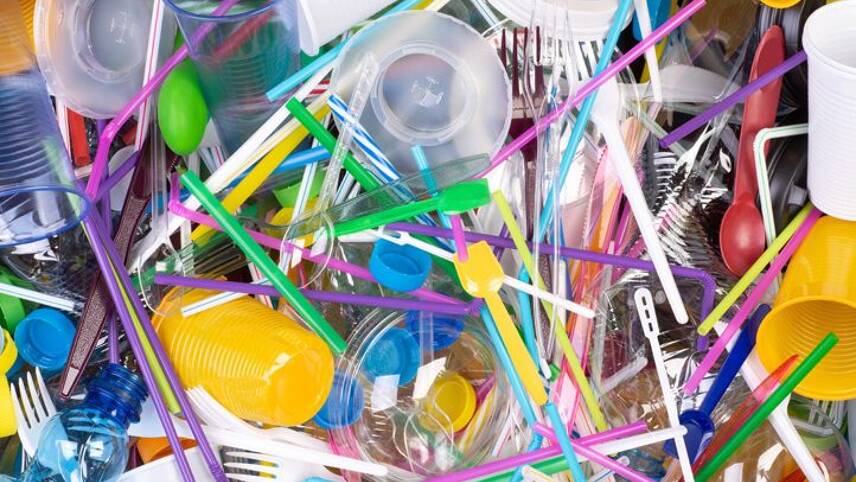Register for free and continue reading
Join our growing army of changemakers and get unlimited access to our premium content

The report found that 60% of business’ plastic packaging is now reusable
The Ellen MacArthur Foundation has today (24 October) issued a progress report one year after the launch of the New Plastics Economy Global Commitment. Through the commitment, more than 400 organisations have committed to eliminating unnecessary plastic packaging and ensuring that all plastic packaging is 100% reusable, recyclable, or compostable.
The new report details the transparency provided by almost 200 businesses and governments on how they are creating a circular economy for plastics.
According to the report, common single-use plastic items such as straws, carrier bags and black carbon plastics are being eliminated by 70% of relevant business signatories and 80% are eliminating PVC from packaging.
Analysis carried out for the report found that 60% of business’ plastic packaging is now reusable, recyclable or compostable today.
The Ellen MacArthur Foundation’s New Plastics Economy lead Sander Defruyt said: “Around the world people are calling for businesses and governments to take action to stop plastic pollution. Leading businesses and governments stepped forward by signing the Global Commitment and we can now see promising early progress.
“This includes major commitments to reduce the use of virgin plastic, the introduction of reuse pilot projects, and unprecedented demand for recycled plastic in packaging. But there is a long way to go and it is crucial those efforts are accelerated and scaled, and more businesses and governments take action to eliminate plastic pollution at the source.”
Work to do
Analysis by the Ellen MacArthur Foundation found that replacing single-use plastics with reusable alternatives could create a $10bn opportunity. While 40 signatory companies are piloting reuse schemes for products, less than 3% of the plastic packaging in the entire group is classed as reusable.
TerraCycle’s chief executive officer Tom Szaky has echoed the calls for more reusable alternatives. Loop is TerraCycle’s flagship refill platform, whereby consumer goods brands provide product refills while retaining ownership of their reusable packaging. Retailers, meanwhile, provide the sales platform, while TerraCycle deals with the collection, cleaning and refilling of empty packaging and, at the end of its life, recycling.
The platform first launched in Paris on 14 May, with food and drink, health and beauty and cleaning products, as well as office supplies, sold through Carrefour. Loop has since gone live in the US through partnerships with Walgreens and Kroger, and is set for a UK launch via Tesco next February.
The majority of signatories are focusing on reductions in virgin plastic. Unilever, for example, has announced it will halve its use of virgin plastic by 2025 by reducing plastic packaging by more than 100,000 tonnes, increasing the amount of recycled plastic it uses and collecting and processing more plastic packaging than it sells. Elsewhere, PepsiCo is aiming to reduce the use of virgin s by 20% by 2025.
Businesses are replacing virgin plastics with recycled plastic content. The report found that retail and packaged goods firms have pledged to increase recycled plastic in their packaging more than five-fold, from 4% to 22%, by 2025. Total demand for recycled content in packaging by 2025 will be more than five million tonnes annually.
The transformation of plastic packaging is also impacting the rest of the value chain. Recycling company signatories have committed to quadruple the amount they process by 2025. For producers, new investments are being made to seize the opportunity. Leading plastics producer Indorama Ventures has pledged to invest $1.5bn to produce at least 750,000 tonnes of recycled PET per annum by 2025.
Matt Mace


Please login or Register to leave a comment.